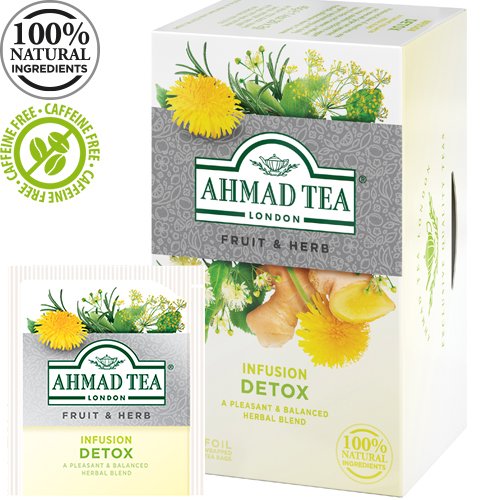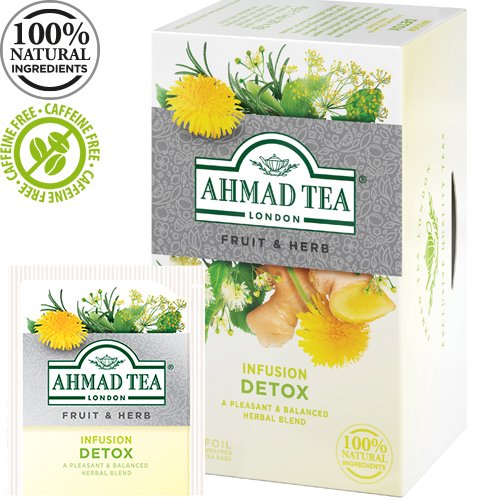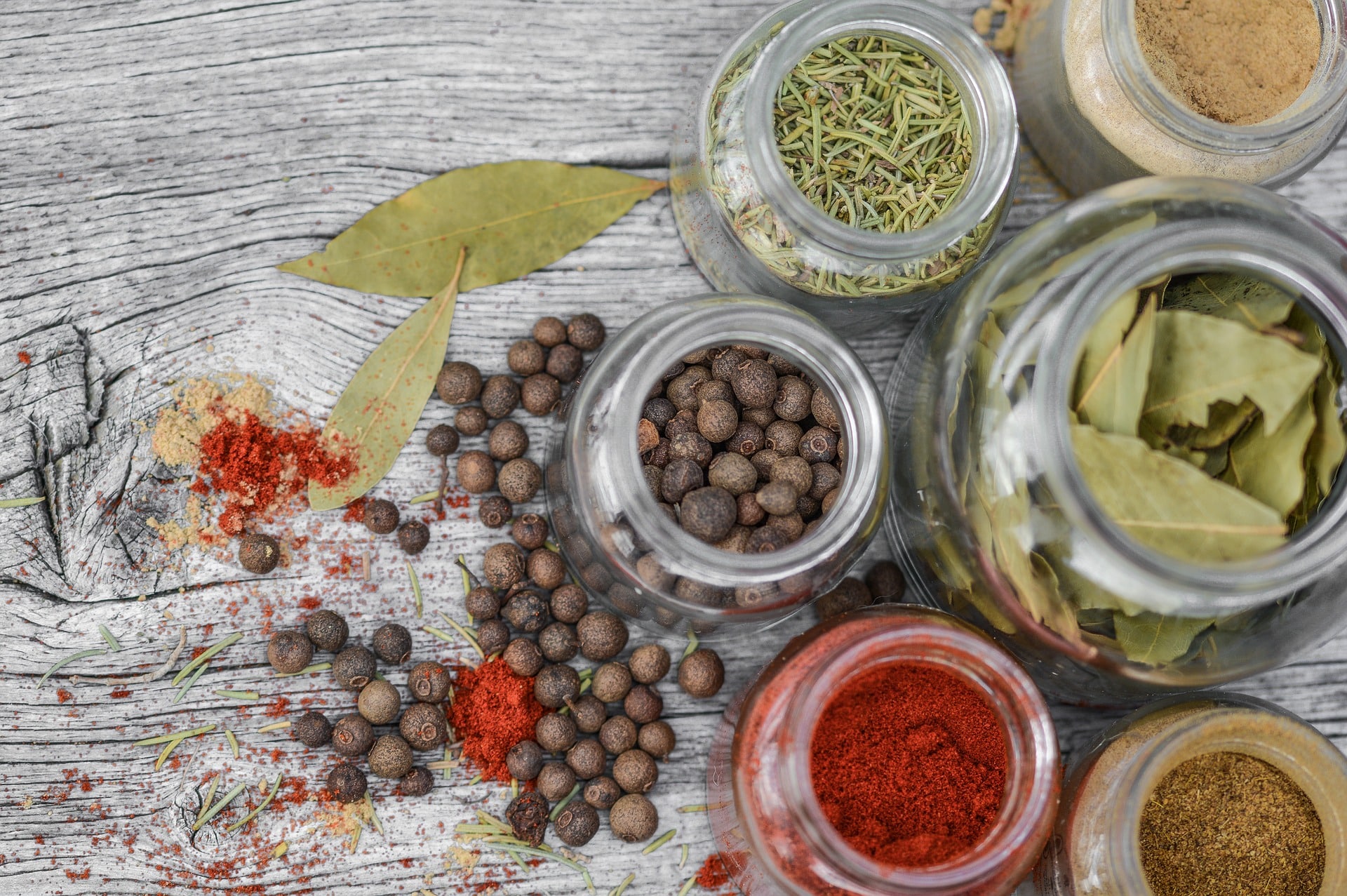
Lets take a deeper look into the Detoxifying herbs. Laxatives and Alterative herbs were mentioned in the first article and we broke laxatives into purgative and aperient. This article will cover 10 of the main Detoxifying herbs.
Alterative herbs detoxify the blood. These herbs cleanse, tone and build all your “filtration system”, spleen, kidneys, liver and bowel. These herbs are best taken over a long period of time for slow detoxification. If you detox too fast, you may experience nausea, diarrhea and skin eruptions. Infections, arthritis, skin diseases, and even cancer are caused by toxins in the blood.
Some of the most common alterative herbs are garlic, dandelion root and leaf, echinacea, ginseng, chickweed, plantain, alfalfa, uva ursi, and kelp. Goldenseal is a very potent alterative, but should not be taken long term as it is so powerful an antibacterial that it will disrupt the normal function of the stomach.
Anticatarrhal herbs eliminate excess mucous. They preform best when used with a laxative and/or diuretic. The most common of these herbs are coltsfoot, elechampane, wild cherry, garlic and ginger.
Aperient herbs are mild laxatives that soften the stool. The best ones are very common and easy to obtain. Olive oil, prunes, raisins and figs. Yes, you food truly can be your medicine.
Cathartic or laxative herbs promote a quick evacuation of the entire digestive system, while cleansing the waste matter from the liver and gall ducts. They help normalize paristaltic action of the bowl when taken in low doses over an extended period of time. They aren’t habit forming.
The most common cathartics are cascara sagrada, senna, poke root, licorice root, psyllium seed and aloe. Before taking these herbs do a little more research into them. Some have such a strong purgative action they can cause griping of the bowel, and should be combined with a carminative herb such as ginger or fennel seed.
Cholagogue herbs promote the flow of bile and purge the bowel. The most common are barberry, Oregon grape root, olive oil, dandelion and yellow dock.
Deobstruent herbs remove obstructions from the alimentary canal and glands. Barberry (liver) culver’s root (bowel) goldenseal (glands) gravel root (kidneys).
Diuretic herbs promote the flow of urine. They are best used with a demulcent herb that will sooth irritation from acid or gravel. Diuretics are used to treat backache, fluid retention, and many other symptoms. They are much more bio-friendly than chemical diuretics because they contain minerals needed to keep the balance of electrolytes in the body. The most common diuretic herbs are dandelion leaf, uva ursi, celery seed and parsley. Once again, food is your medicine.
Expectorant herbs promote the discharge of mucous from the throat and lungs. The anticatarrhal herbs are also expectorants. More expectorant herbs are mullein, nettles, thyme, fennel and fenugreek.
Lithotriptic or antilithic herbs discharge urinary and gall bladder gravel. Most common among these are corn silk, gravel root and barberry.
Lymphatic herbs cleanse and stimulate the lymphatic system. A healthy lymphatic system is crucial to a healthy immune system as it acts as a filter for toxins. Some common lymphatic herbs are garlic, echinachea , dandelion and yellow dock.
Did you notice how many categories garlic appears in? We haven’t seen the last of garlic. As we explore more categories of herbs we’ll find garlic mentioned again and again.




